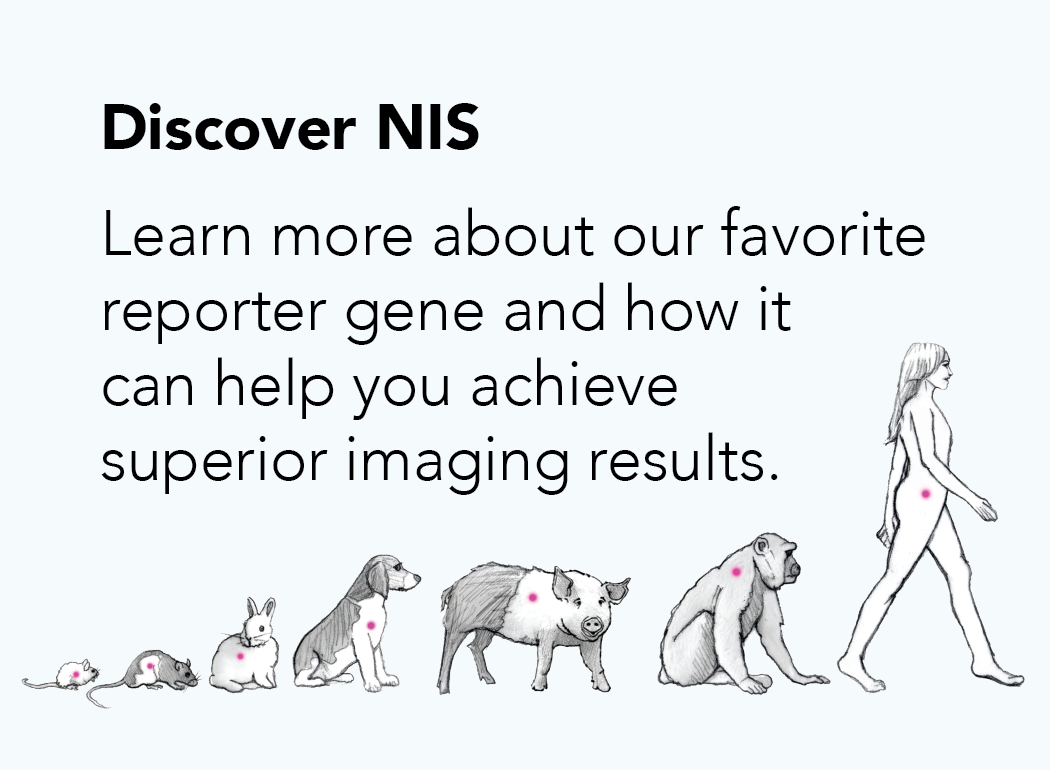Can Non-Vaccinated People Get Vaccinated People Sick With COVID-19?
Key Takeaways:
- Non-vaccinated people can still get vaccinated people sick with COVID-19.
- Vaccinated people who contract COVID-19 may have less severe symptoms because the body mounts an immune response and adapts to prevent the coronavirus from replicating.
- More research is needed about how the COVID-19 vaccines respond to emerging variants.
March 10, 2021, Imanis Life Sciences, Rochester MN
On March 8, 2021, the Centers for Disease Control and Prevention (CDC) released guidelines stating that fully vaccinated people—two weeks or more after receiving the second dose of Pfizer or Moderna vaccines or a single dose of Johnson & Johnson—may visit unvaccinated people from a single household who are at low risk for severe COVID-19.
While the high rates of protection offered by the three authorized vaccines have been widely praised, they’re not 100%. Verywell asked experts to weigh in on whether non-vaccinated people can still get vaccinated people sick with COVID-19.
The Risk Is Low, but Not Zero
According to Stephen Russell, MD, PhD, president of the American Society of Gene and Cell Therapy, despite the vaccines’ high efficacy rates at protecting people from contracting COVID-19, they do not offer 100% protection.
When it comes to preventing disease, the efficacy rates for the vaccines are:
- Pfizer: 95%
- Moderna: 94%
- Johnson and Johnson: 66%
The vaccines have a near 100% efficacy rate for preventing serious illness, hospitalization, and death.
“There is no vaccine that is currently 100% effective, which means while the risk of a vaccinated person contracting the virus is much lower, there is still no guarantee they are fully protected,” Russell says.
Vaccinated individuals can still contract COVID-19 from unvaccinated people, according to Christine Bishara, MD, internal medicine physician practicing in New York City. She says that there is still a chance that vaccinated people can develop symptoms, although the likelihood is much lower.
“This is because vaccination allows the body to mount an immune response so that if infected, the body recognizes the virus and immediately initiates an adequate immune response that prevents the virus from replicating,” Bishara tells Verywell. Bishara says that the current vaccines allow the body to build antibodies against spike proteins–the protein that causes COVID-19–until they have been destroyed.
*What This Means For You
If you have been fully vaccinated, it is still best to continue to follow CDC’s safety guidelines like wearing a mask and social distancing in public. However, your risk of contracting COVID-19 from an unvaccinated person is low, and even if you do contract a variant of the virus, your body may still be able to develop an immune response against it.
Developing an Immune Response against Variants
Although there is a lower risk of severe COVID-19 symptoms among vaccinated people, there is still a public health risk, especially for COVID-19 variants. “Without the protective antibodies from vaccination, unvaccinated persons would be at particular risk from contracting COVID since many of these new strains have a higher rate of transmission as they adapt to the human respiratory tract,” Sanjiv Shah, MD, chief medical officer for MetroPlusHealth in New York City, tells Verywell.
As new variants emerge, Bishara says that the good news is that vaccinated people will still be able to produce an immune response, despite showing symptoms. “While new variants may cause some symptoms, the vaccinated individual is still able to mount an adequate response preventing severe protection,” Bishara says. That’s because when the body builds antibodies against the coronavirus, Bishara explains that memory T-cells are equipped to recognize the virus and formulate a protective response.
T-cells are another component of the immune system. While most COVID-19 immune research has looked at antibodies, a new research study (not yet peer-reviewed) led by Alessandro Sette and Shane Crotty from the La Jolla Institute of Immunology found that T-cell response held up when T-cells were exposed to COVID-19 variants.
“We do not know how long this protection may last and it may be partly related to the degree of mutations,” Bishara says. Because the length of protection from the Pfizer and Moderna vaccines are unknown, Pfizer and Moderna are considering adding a third booster shot that would account for protection against other variants.
Keep Following Guidelines
Russell says that although the risk of a vaccinated person contracting the virus from an unvaccinated person is much lower, all individuals should still practice safety guidelines as outlined by the CDC. “While the vaccine confers a certain level of protection to the virus, continuing to follow the guidelines are the best practice,” Russell says.
The CDC states that fully vaccinated people can:
- Visit with other fully vaccinated people indoors without wearing masks or physical distancing
- Visit with unvaccinated people from a single household who are at low risk for severe COVID-19 disease indoors without wearing masks or physical distancing
- Refrain from quarantine and testing following a known exposure if asymptomatic
According to Shah, the best way to stop new variants from forming and spreading is to have as many people vaccinated as quickly as possible. “The approved vaccines appear to work well against the strains of COVID,” Shah explains. “We are in a race to build a high enough barrier through vaccination before the virus can create a new, worse spike.”
Published March 10, 2021: https://www.verywellhealth.com/covid-19-transmission-vaccination-5115630

